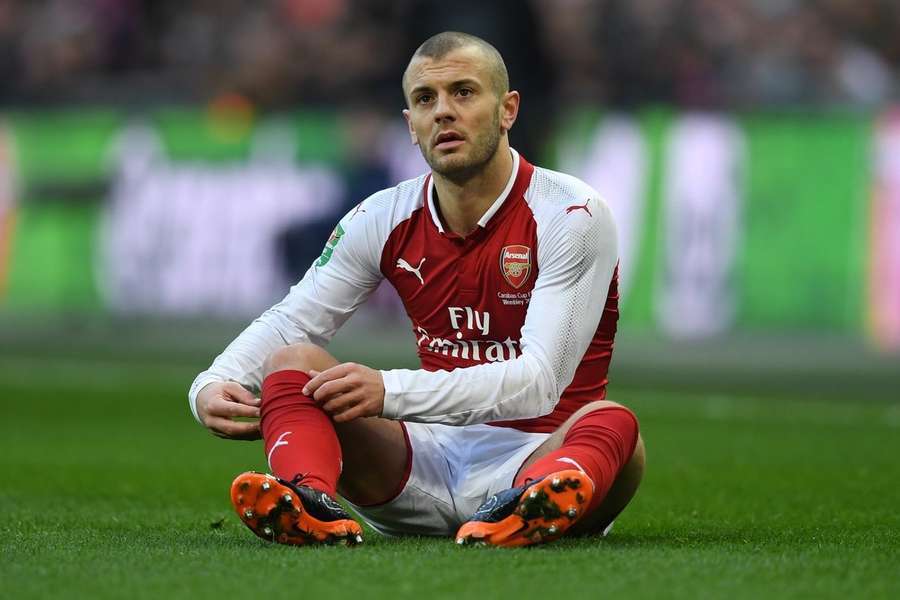From renting pitches to top of the world: How Roy Massey became an Arsenal legend

"I was with Rotherham, playing Manchester United at Millmoor in a FA Cup replay. With 15 minutes to kick-off, all the players were changed, ready for a warm-up when I see the entrance door of the Manchester United changing rooms, there's George Best standing in his leather jacket, tie, chatting away.
"I run in, tell my teammates, Best is not playing, everybody was delighted. Just before kick-off the United players ran out, single file and who's at the back, tucking his shirt in? George Best, just another game," Massey says with a big laugh.
Massey is not short on anecdotes from a long life spent in and around football and he's collected some of them in his memoir, A Life in Football and a Coach to the Stars, which Tribalfootball.com had the chance to talk to him about. Massey spent 16 years working full time at the youth academy with Arsenal, molding talents like Jack Wilshere, Bukayo Saka and Emile Smith Rowe, while famously also letting Harry Kane go.
Now in his eighth decade, Massey joined the newly established youth academy in 1998, answering the call of then boss Liam Brady and to hear Massey talk about the early days at the academy is simply baffling. Imagine a big club like Arsenal, multiple champions of England, not having a pitch for youngsters to train at in 1998? Even more baffling is the fact that this was the norm in English football back then.
"Before I went to Arsenal, I was at Norwich City. We had to hire the Norwich University's grounds for training. It was only when they sold Chris Sutton to Blackburn Rovers that they bought a field which they turned into a wonderful training ground," says Massey who then continued his career with Arsenal when the opportunity arose.
"I came down to Arsenal and again, we were renting areas and pitches to play some of their youth games. It was only when in 2000 we bought the Walthamstow Hale End training ground that we established our own training field."
Current Arsenal manager Mikel Arteta passed through the ranks as an Arsenal player during Massey's tenure with the Gunners and he was also a keen visitor at the academy.
"He used to come down to the academy to watch some of the training and take part in some of the coaching, back when he was developing his own coaching abilities," says Massey, adding that it is a certain type of player who often takes an interest in the academy.
"Some players want to continue their careers in coaching, and they would come down and look at the training and coaching. Steve Bould was another one," tells Massey, labelling Bould a "wonderful man".
Regarding his own career, Massey turned down opportunities to join both Aston Villa and Arsenal as a player, instead focusing on finishing his education as a teacher. A smart move, as it turned out, since he had to pack it in as a player at 27 due to an injury. Way too short a career, just like a certain Jack Wilshere, Massey had the pleasure of seeing growing up.
"He was an unbelievable young player. We saw him when he was eight years old, playing for Luton Town, and we paid compensation for him. As a schoolboy, he was exceptional between the ages of eight and 18 and we all thought we've got a fantastic young player for many years to come, competing for Arsenal in midfield."
It wasn't to be, but Massey is thrilled to see Wilshere now taking care of the under-18s at Arsenal.
"It's a brilliant opportunity for him."
Speaking of youth players, Massey has an interesting theory that the playoff-system has done a lot of harm to youngsters getting a chance to break through to senior level.
"When I was playing, Rotherham United were usually assured by February, certainly early March, that they weren't going to be relegated or promoted. Therefore, for the last two months of the season, there'd be less pressure on the manager than there is today, as almost every club, right up to the last week of the season might have a chance of getting promotion or are in danger of being relegated.
"In my days, a manager could have a young lad at 17 or 18 making his first team debut without the pressure of losing or winning. In my opinion, the playoffs have ruined that," states Massey to end our chat.
Roy Massey tells all about his career in his book - "A Life in Football and a Coach to the Stars" from Pitch Publishing which you can buy here.
